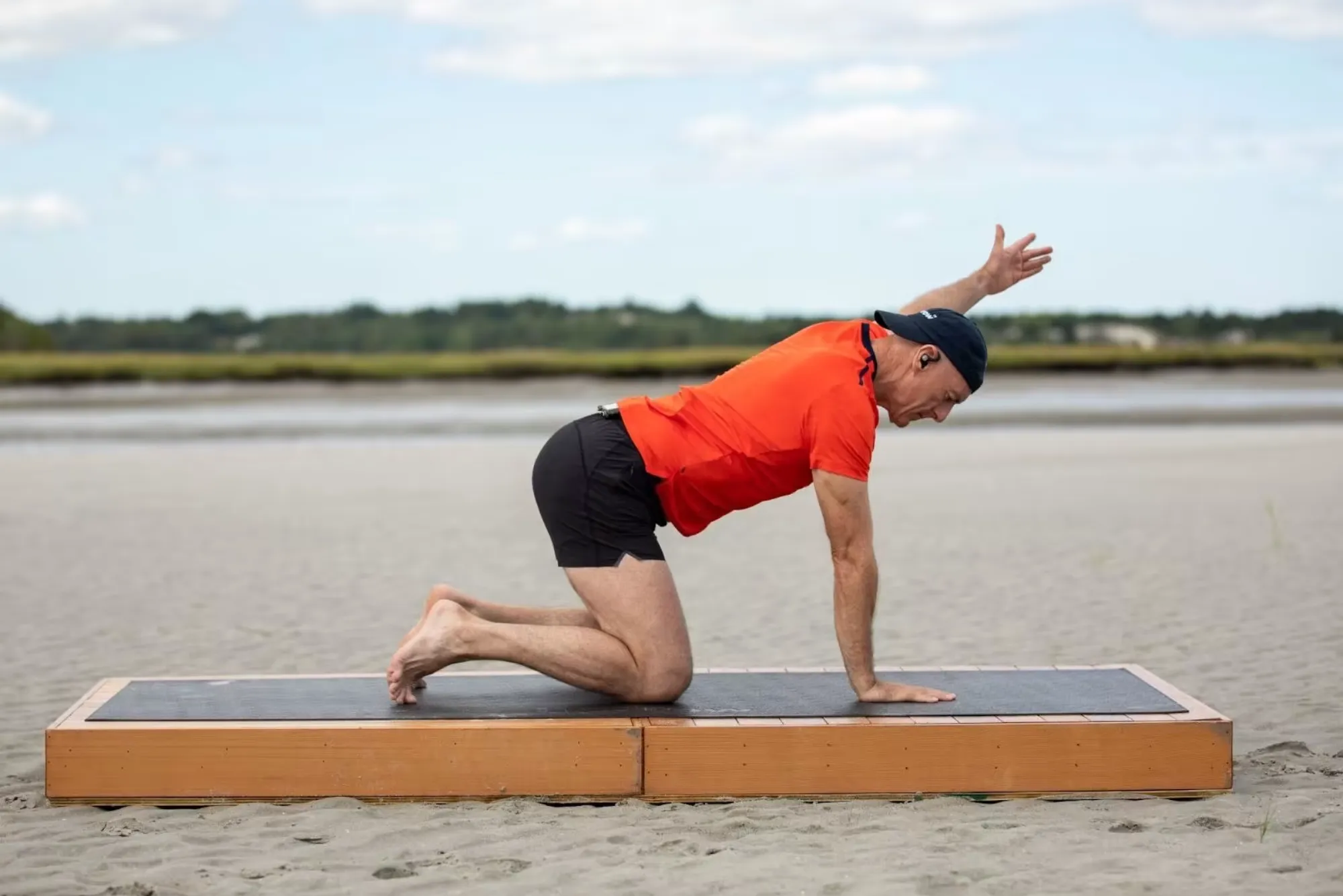How to Start Exercising When You’re Out of Shape
Getting started with exercise can be daunting, especially if you’re out of shape. This comprehensive guide will help you understand how to ease into a fitness routine, set achievable goals, and stay motivated. Let’s dive in and transform your lifestyle one step at a time.
Understanding Your Starting Point
Assess Your Fitness Level
Before you begin, it’s important to assess your current fitness level. This doesn’t require a fancy test; simply pay attention to how you feel during everyday activities. Can you walk up a flight of stairs without getting winded? How do you feel after a brisk walk? This self-assessment will help you tailor your workout plan to your needs.
Consult with a Healthcare Professional
It’s always a good idea to consult with a healthcare professional before starting a new exercise regimen, especially if you have any existing health conditions. They can provide valuable advice and help you avoid potential pitfalls.
Setting Realistic Goals
Start Small and Build Up
When you’re out of shape, setting small, achievable goals is crucial. Begin with modest targets like walking for 10 minutes a day and gradually increase your activity level as your endurance improves. This approach helps prevent injury and keeps you motivated.

Use the SMART Criteria
Make sure your goals are SMART: Specific, Measurable, Achievable, Relevant, and Time-bound. For example, instead of saying, “I want to get fit,” set a goal like, “I will walk for 20 minutes, three times a week, for the next month.”
Choosing the Right Workouts
Low-Impact Cardio
Low-impact cardio exercises are a great way to get started. Activities like walking, swimming, and cycling are gentle on your joints and help build cardiovascular fitness. Aim for at least 150 minutes of moderate-intensity cardio per week.
Strength Training
Incorporating strength training into your routine is essential for building muscle and improving overall health. Start with bodyweight exercises like squats, push-ups, and lunges. Use light weights or resistance bands as you gain strength.
Flexibility and Balance
Don’t forget about flexibility and balance exercises. Yoga and Pilates are excellent choices that can help improve your range of motion and prevent injuries. Stretching after workouts also aids in recovery and reduces muscle soreness.
Staying Motivated
Track Your Progress
Keeping track of your progress is a powerful motivator. Use a fitness journal or a mobile app to log your workouts and note improvements. Seeing your progress over time can boost your confidence and keep you focused on your goals.
Find a Workout Buddy
Exercising with a friend can make workouts more enjoyable and keep you accountable. Choose someone with similar fitness goals and encourage each other along the way.
Reward Yourself
Set milestones and reward yourself when you achieve them. Rewards don’t have to be extravagant; something as simple as a relaxing bath or a new workout outfit can be a great incentive to stay on track.
Overcoming Common Obstacles
Time Constraints
Many people struggle to find time for exercise. However, even short, frequent sessions can be effective. Consider incorporating physical activity into your daily routine, like taking the stairs instead of the elevator or walking during your lunch break.

Lack of Energy
If you often feel too tired to work out, try exercising at a different time of day. Some people find morning workouts energizing, while others prefer evening sessions. Ensure you’re getting enough sleep and eating a balanced diet to support your energy levels.
Fear of Judgment
Many people feel self-conscious about working out in public. Remember, everyone starts somewhere, and most people are focused on their own workouts. If gym anxiety is a significant barrier, consider exercising at home with online workout videos or investing in some basic home gym equipment.
Listening to Your Body
Avoid Overtraining
It’s important to listen to your body and avoid overtraining, especially when you’re just starting out. Rest days are crucial for recovery and preventing injuries. If you feel pain (not to be confused with the normal discomfort of working out), it’s essential to stop and seek medical advice.
Stay Hydrated and Eat Well
Proper hydration and nutrition play a vital role in your fitness journey. Drink plenty of water, especially during and after workouts. Eat a balanced diet rich in fruits, vegetables, lean proteins, and whole grains to fuel your body and support your exercise efforts.
Long-Term Success
Make Exercise a Habit
Consistency is key to long-term success. Try to make exercise a regular part of your routine by scheduling it at the same time each day. It takes time to form a habit, so be patient and persistent.
Keep It Fun
Variety is the spice of life, and this applies to exercise as well. Mix up your workouts to keep them interesting and fun. Try new activities like dance classes, hiking, or team sports to stay engaged and motivated.
Stay Positive
Maintaining a positive mindset is crucial. Celebrate your progress, no matter how small, and focus on the benefits of exercise rather than the challenges. Remember that every step you take is a step towards better health.
Retreats Yoga and Meditation
retreats yoga and meditation the rejuvenating power of retreats focused on yoga and meditation. These retreats offer a serene escape from daily life, providing a tranquil environment to deepen your practice and enhance your mental well-being. Whether you’re a beginner or an experienced practitioner, yoga and meditation retreats can help you reconnect with yourself, reduce stress, and promote holistic healing. Immerse yourself in mindful practices, surrounded by nature, and return home feeling refreshed and revitalized.
Right Medical Centre
Choosing the right medical centre is essential for maintaining your health. A reputable medical centre offers comprehensive care, experienced professionals, and a patient-centered approach. Whether you need routine check-ups, specialized treatments, or emergency services, the right medical centre will ensure you receive the best care possible. Look for a facility with state-of-the-art equipment, positive patient reviews, and a commitment to excellence. Your health and well-being deserve the best, so take the time to find a medical centre that meets all your needs.












